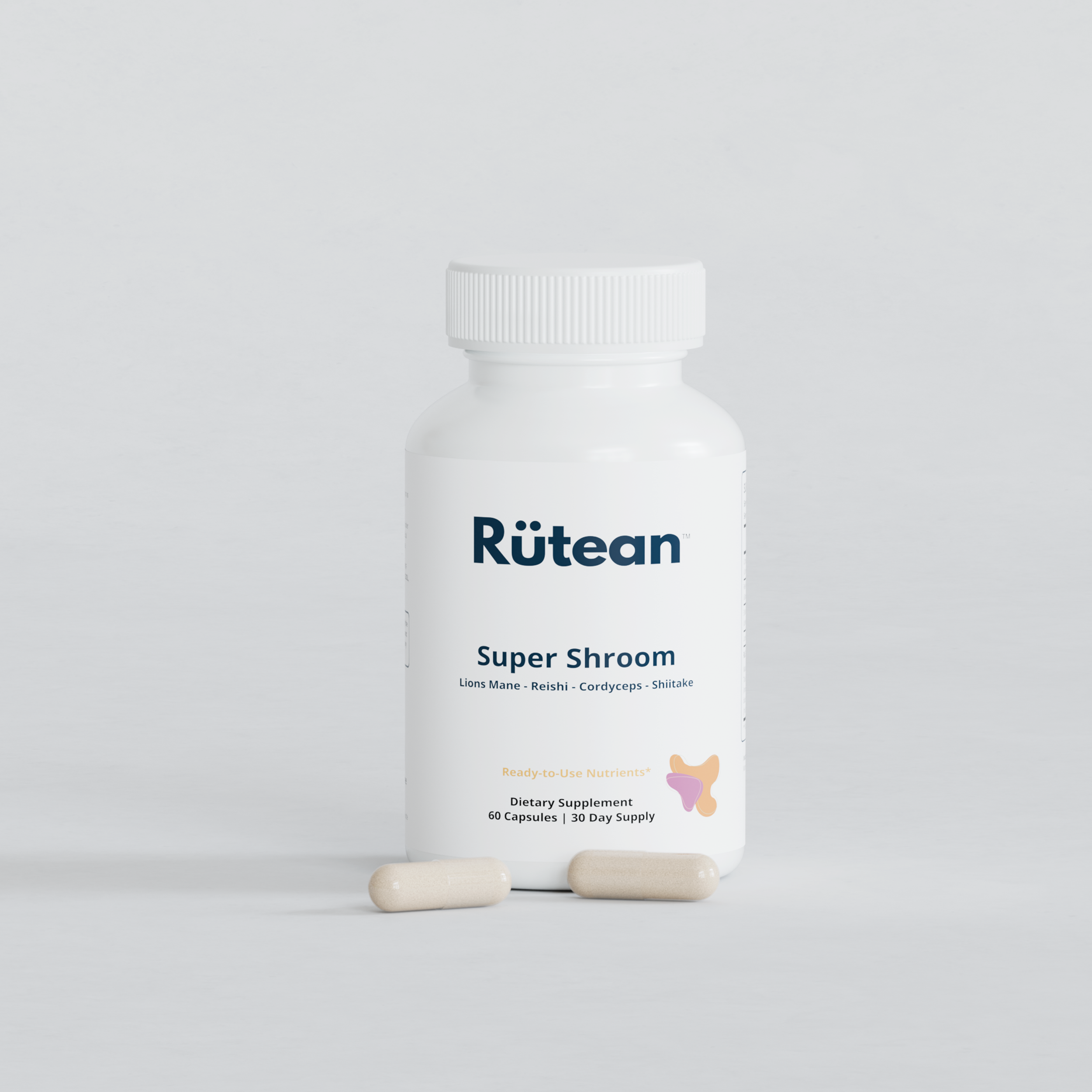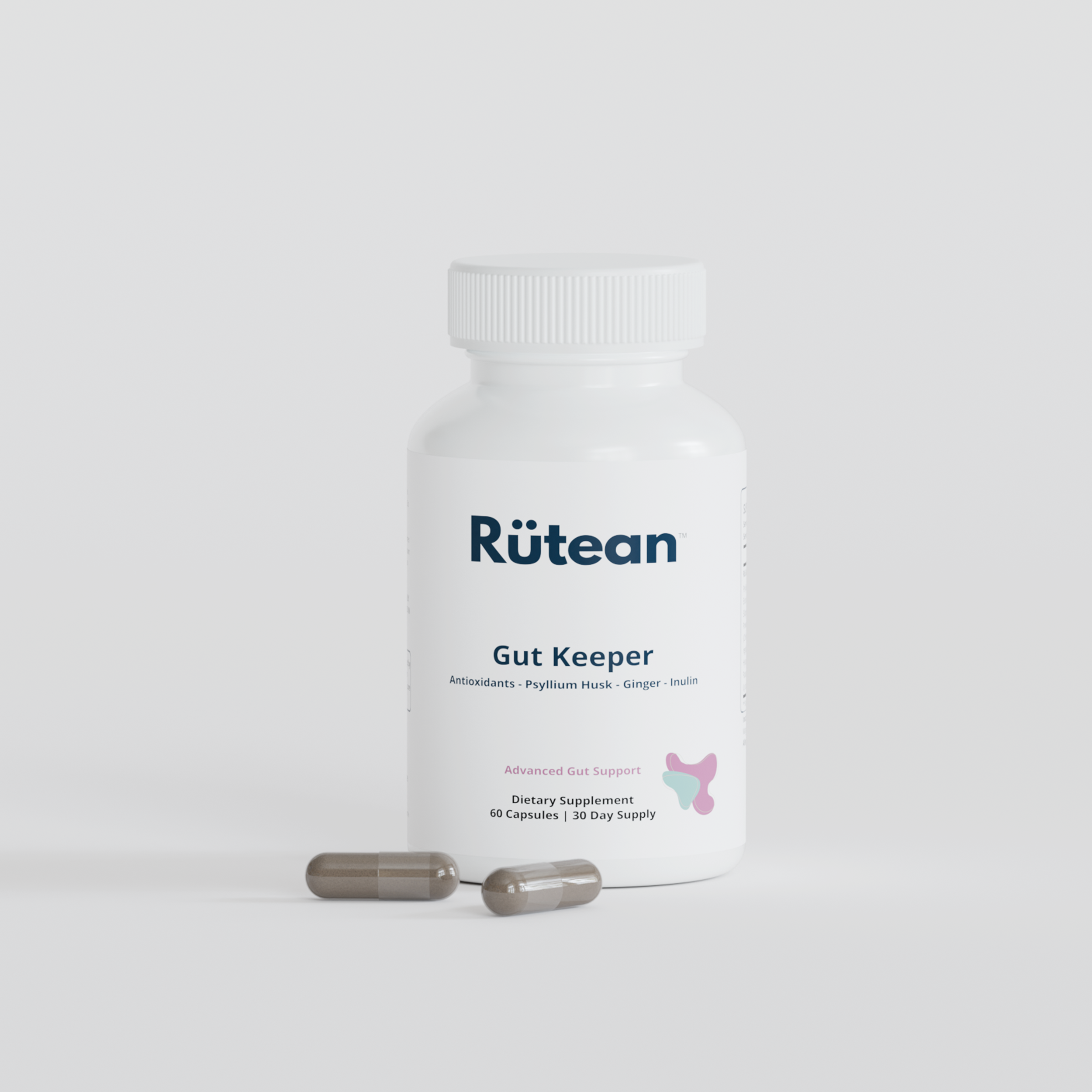In today’s fast-paced world, the significance of physical activity extends beyond mere physical wellness, playing a pivotal role in our cognitive health. The latest research underscores a compelling connection between exercise and the brain's vitality, challenging the sedentary lifestyle that modern conveniences often promote. A sedentary lifestyle not only affects our physical health but also has profound implications for our cognitive functions, directly impacting the risk of developing conditions like Alzheimer's disease[1].
1 - Emerging Research and Insights
Recent studies illuminate the stark realities of inactivity, associating sedentary habits with a marked increase in cognitive decline and an accelerated onset of Alzheimer’s disease symptoms. Groundbreaking research from leading institutions reveals that low fitness levels correlate with the rapid deterioration of vital nerve fibers in the brain, leading to memory loss and other cognitive impairments[1]. This evidence makes a compelling case for the protective effects of regular physical activity on the brain's structure and function.
2 - Exercise as a Pillar of Brain Health

Recognizing the undeniable benefits of exercise, it’s imperative to integrate a balanced mix of physical activities into our daily lives. Updated guidelines advocate for a blend of moderate to vigorous exercises, tailored to individual preferences and capabilities. The advent of digital fitness platforms and wearable technology offers unprecedented opportunities to engage in physical activities that are both enjoyable and effective[2]. From virtual reality workouts to gamified fitness challenges, these technologies provide innovative ways to stay active, encouraging a minimum of 150 minutes of moderate or 75 minutes of vigorous activity each week.
3 - Nutritional Strategies for Cognitive Preservation
Diet plays a critical role in supporting brain health, with emerging research highlighting the cognitive benefits of a diet rich in antioxidants, omega-3 fatty acids, and other brain-boosting nutrients. Embracing a diet that emphasizes whole foods, vegetables, fruits, and whole grains, while avoiding processed foods and trans fats, can enhance blood flow to the brain and protect against cognitive decline[3][4]. Incorporating brain-healthy foods like berries, leafy greens, and fatty fish into meals can be a delicious and effective way to support cognitive health.
4 - Mental Engagement and Social Connectivity
The brain thrives on stimulation and social interaction. Engaging in activities that challenge the mind, such as learning a new language, playing musical instruments, or participating in strategic games, can enhance cognitive resilience. Similarly, maintaining strong social connections through community involvement, family gatherings, and social events plays a crucial role in mental well-being, helping to ward off the isolation and loneliness that can contribute to cognitive decline[5].
5 - Adapting to a Changing World: Physical Activity in the Digital Age
As we adapt to the realities of the digital age, finding innovative ways to incorporate exercise into our routines is more important than ever. The rise of telecommuting and remote work presents both challenges and opportunities for physical activity[6]. Creating a dedicated space for exercise at home, setting regular reminders to move, and participating in online fitness communities can help mitigate the sedentary tendencies of modern life.
Conclusion
As we look to the future, embracing a holistic approach to health that combines physical activity, a nutrient-rich diet, mental engagement, and social connectivity offers the best defense against cognitive decline[7]. By staying informed about the latest research and leveraging technological advancements, we can tailor our lifestyle choices to support both our physical and cognitive well-being, paving the way for a healthier, more vibrant future.
References
1- Takao Yamasaki "Prevention of Cognitive Decline and Dementia"(2023). National Institut of Health
2-The American Heart Association Diet and Lifestyle Recommendations (2021).
3- "Global Recommendations on Physical Activity for Health" (2022). Word Health Organisation
4- "The Lauren Owen, Bernard Corfe "The Role of Diet and Nutrition on Mental Health and Wellbeing" (2017). National Institut of Health
5- Leandro Fornia & al "Sedentary Behavior and Health Outcomes Amongst Adults (2014). PubMed
6- 2023 Alzheimer's Disease Facts and Figures. Alzheimer's Association
7- "6 simple steps to keep your mind sharp at any age" (2020). Havard Medical School



